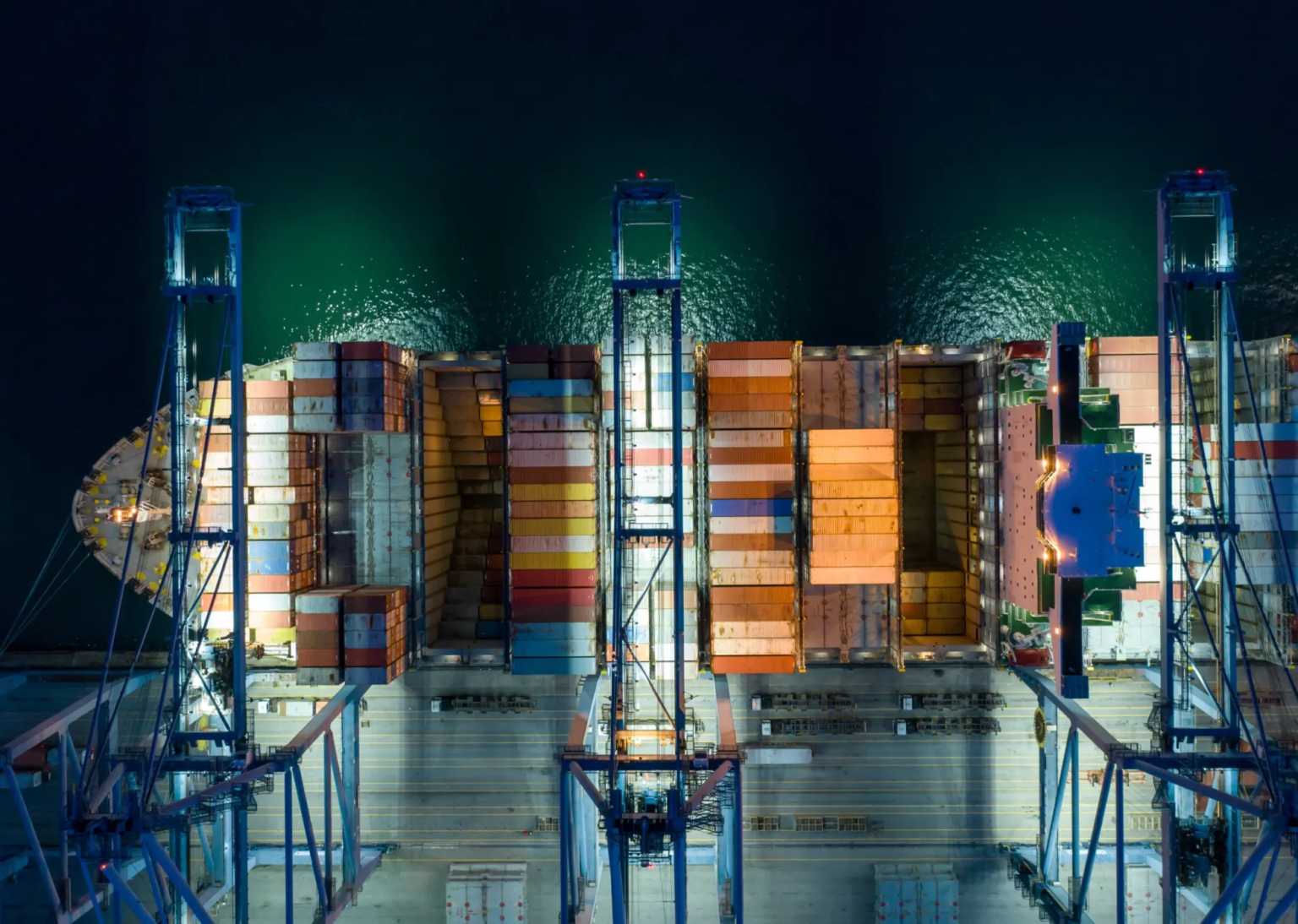
The world of global supply chains is constantly evolving, driven by technological advancements, changing consumer behaviors, and global events. To stay competitive, businesses must stay ahead of these trends. In this article, we will explore some of the most impactful trends shaping the future of global supply chains.
1. E-commerce Boom: The e-commerce sector continues to grow, driving changes in supply chain strategies, including the need for faster deliveries, increased warehousing capacity, and advanced fulfillment technologies.
2. Sustainability Focus: Sustainability is no longer optional. Companies are integrating eco-friendly practices into their supply chains to reduce their carbon footprint and meet consumer demand for environmentally responsible products.
3. Reshoring and Nearshoring: The disruptions of the past years have led to a reconsideration of supply chain strategies. Some businesses are moving production closer to their target markets to reduce supply chain risks.
4. Automation and Robotics: The adoption of automation and robotics in warehouses and distribution centers is accelerating, leading to increased efficiency and reduced labor costs.
5. Supply Chain Digitization: The digital transformation of supply chains involves the use of data analytics, IoT devices, and blockchain to improve visibility, decision-making, and supply chain transparency.
6. Demand Sensing and Forecasting: Advanced data analytics and machine learning enable companies to predict consumer demand more accurately, reducing overstock and stockouts.
7. Resilience and Risk Mitigation: Supply chain disruptions have highlighted the need for resilience. Businesses are investing in risk mitigation strategies, such as dual sourcing and scenario planning.
8. Supply Chain Collaboration: Collaboration among supply chain partners, including suppliers, manufacturers, and logistics providers, is on the rise to enhance agility and responsiveness.
9. Autonomous Vehicles and Drones: The use of autonomous vehicles and drones for transportation and last-mile delivery is becoming more common, offering cost-effective and efficient solutions.
10. Circular Economy Practices: Companies are exploring circular economy models, where products are designed for longevity, repairability, and recycling, reducing waste and resource consumption.
The global supply chain landscape is in a state of continuous transformation. Staying competitive in this environment requires a proactive approach to adapt to these evolving trends. By embracing digitization, sustainability, and resilience, businesses can position themselves for success and navigate the challenges and opportunities that lie ahead in the dynamic world of global supply chains.
Thank you for connecting with us. We are happy to hear from you. We’ll be in touch soon to schedule a time to understand your goals and present how the Symphony Logistics solutions optimises the business for every enterprise.